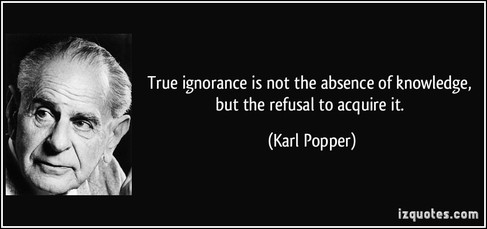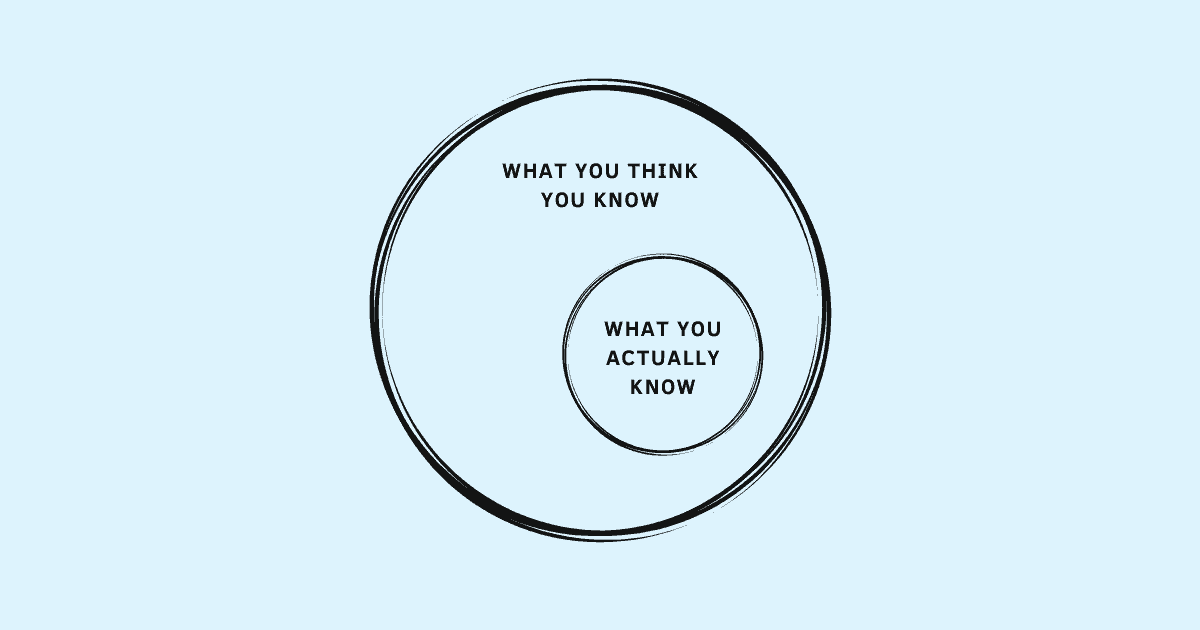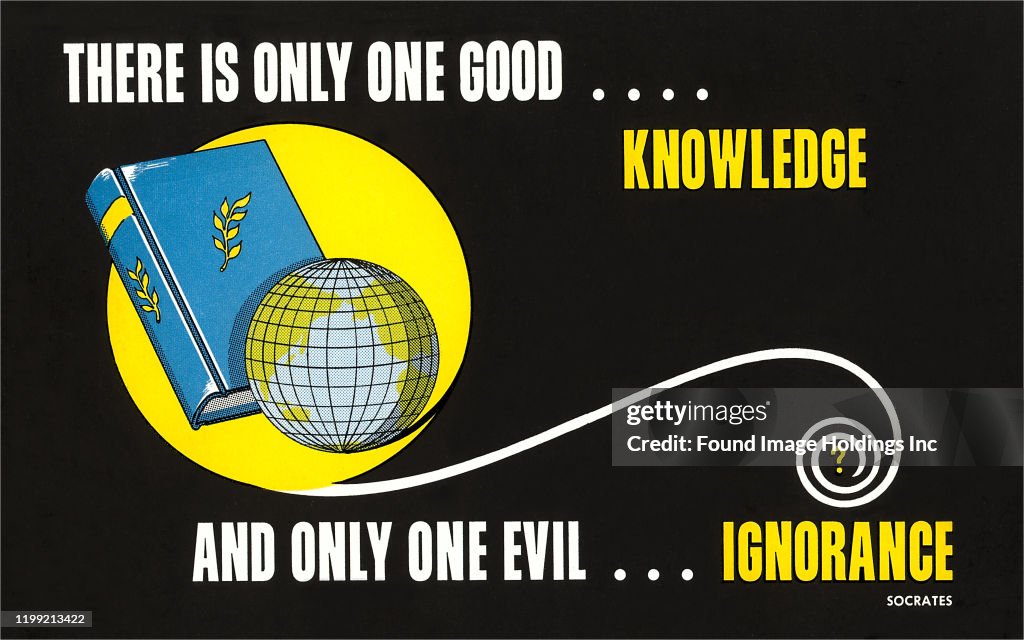Knowledge and ignorance are two opposing concepts that have played a significant role in shaping the course of human history. On one hand, knowledge has been the driving force behind many of the world's greatest achievements, from the development of advanced technologies to the advancement of scientific understanding. On the other hand, ignorance has often been a source of conflict and suffering, as it can lead to misunderstandings and misinformed decision-making. In this essay, I will explore the relationship between knowledge and ignorance, and how they both can influence our lives in different ways.
At its most basic level, knowledge is defined as an understanding or familiarity with a particular subject or fact. It is the result of learning, studying, and gaining experience, and it allows us to make informed decisions and solve problems effectively. In contrast, ignorance is the lack of knowledge or understanding about a particular subject or fact. It can be caused by a variety of factors, such as a lack of education, a lack of exposure to new ideas, or simply a lack of interest in learning.
In many ways, knowledge is a powerful tool that can help us navigate the world and make sense of the things around us. It allows us to understand complex concepts and make informed decisions, whether in our personal lives or in our careers. For example, if you are trying to decide which college to attend, knowledge about the different programs and campus cultures of each school can help you make a more informed decision. Similarly, if you are trying to solve a complex problem at work, knowledge about the relevant technologies and techniques can help you find a solution more efficiently.
Ignorance, on the other hand, can lead to misunderstandings and mistakes. If you are ignorant about a particular subject, you may make assumptions that are not based on fact, or you may be unaware of the potential consequences of your actions. For example, if you are ignorant about the risks of smoking, you may underestimate the negative impact it can have on your health. Similarly, if you are ignorant about the history and culture of a particular group of people, you may make assumptions or judgments that are based on stereotypes or misinformation.
Ignorance can also be a source of conflict, as it can lead to misunderstandings and a lack of empathy or understanding between people. For example, if you are ignorant about the beliefs and customs of a particular culture, you may misunderstand or disrespect their practices, leading to tension or conflict. Similarly, if you are ignorant about the history of a particular region or country, you may hold biases or prejudices that can create animosity between different groups.
Despite its potential drawbacks, ignorance can also have some benefits. For example, it can foster a sense of curiosity and motivate us to seek out new knowledge. When we realize that there is something we don't know, it can spark a desire to learn more about it. This can lead to personal growth and a sense of accomplishment as we gain new understanding and insights.
In conclusion, knowledge and ignorance are two opposing concepts that can have a significant impact on our lives. While knowledge can be a powerful tool that helps us navigate the world and make informed decisions, ignorance can lead to misunderstandings and conflict. Ultimately, the pursuit of knowledge is an important aspect of human development, and it can lead to a more enlightened and understanding society.
I. Introduction
- Brief overview of The Catcher in the Rye by J.D. Salinger
- Introduction of main character, Holden Caulfield
- Themes to be discussed in the essay
II. Holden's Disenchantment with the World
- Holden's dissatisfaction with his school and peers
- His distaste for phoniness and superficiality
- His struggle to find genuine connections
III. The Loss of Innocence
- Holden's fear of growing up and losing his innocence
- The death of his brother Allie and its impact on Holden
- The motif of childhood innocence throughout the novel
IV. Holden's Relationships
- His strained relationship with his parents and family
- His brief encounters with various characters and their influence on him
- The importance of his relationship with his little sister Phoebe
V. Conclusion
- Recap of Holden's journey and character development
- The enduring themes of The Catcher in the Rye and their relevance today
- The lasting impact of the novel on literature and popular culture.








